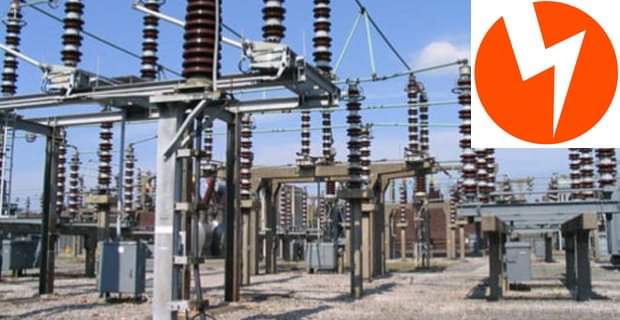
For a country that needs all the power she can generate, particularly at this time when the raging coronavirus pandemic has compounded her economic woes, it is scandalous that 10 of Nigeria’s 27 power generating plants were reportedly idle as at May 25.
Three additional plants, Geregu 11, Omotosho 11 and Ibom Power plants, joined seven others which had previously been non-functional. These are Sapele 11, Alaoji, Olorunsogo 11, Ihovbor, Gbarain, AES and ASCO. Consequently, power generation in the country fell to 2,626 megawatts on that day.
It is obvious that even if all the 27 power plants are optimally functional, the country would still be able to meet only a negligible percentage of its power requirement.
This means that it is unaffordable for even a single plant to be idle. While Nigeria’s total installed national generating capacity is put at 12,910.40 megawatts, the available capacity is said to be 7,652.60 megawatts and the peak that the country has ever generated is 5,375 megawatts. Yet, it is estimated that the country needs not less than 40,000 megawatts daily.
To put it mildly, the reasons adduced for the forced idleness of these plants are scandalous and unacceptable. These include gas supply constraints, low load demand by distribution companies, maintenance challenges, frequency response problems due to unavailability of distribution infrastructure, rupturing of pipelines as well as water management problems for the hydropower plants.
These are the same excuses which have been routinely given over the years for the seemingly insoluble problems. We surely cannot continue to do the things in the same lackadaisical way and expect a change.
The need, as we noted last Wednesday, to urgently revisit the privatisation of the power sector undertaken in 2013 as recently mooted by the President of the Senate, Ahmed Lawan, becomes more compelling by the day. It would appear that the problems which the exercise was expected to address are not about getting solved anytime soon.
For instance, the power authorities had claimed several times in the past to have put in place measures to check the disruption of gas supply lines only for the problem to recur.
The entire power sector appears to be in chaos as there is little or no synergy between the generating and distribution companies, or between both and the transmission authorities.
Despite the repeated injection of funds to aid the privatised generation and distribution companies, they appear perennially incapacitated to meet their obligations to consumers with continued deleterious consequences for the country.
The harmful effects of poor power supply have been aggravated by the coronavirus pandemic. Nigeria’s revenue sources have been severely crippled, with several sectors of the economy paralysed and businesses are ailing.
In such a situation, it becomes even more burdensome for small, medium and large businesses to bear the cost of maintaining generators for prolonged periods.
This unnecessarily increases the cost of doing business and makes it even more difficult for enterprises to survive. At the same time, health facilities which are under severe pressure as a result of the pandemic are also forced to contend with the additional responsibility of generating alternative power, or having to operate without electricity as often happens, to the detriment of patients.
At this crucial period, it is equally necessary that agricultural producers who have storage facilities have access to regular power supply to preserve perishable products. Doing so through reliance on generators will have negative implication for food costs.
The rate at which the economy can recover from the ravages of the pandemic will depend to a great extent on the availability of regular power supply. It is time that the authorities treat the deplorable power situation in the country as an emergency requiring decisive and far-reaching action.












